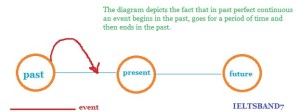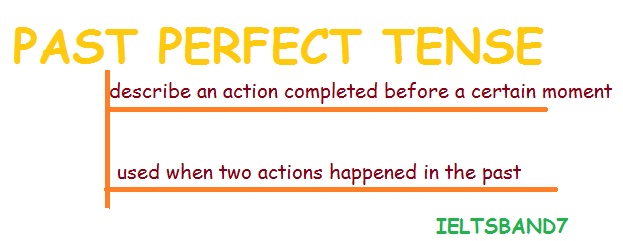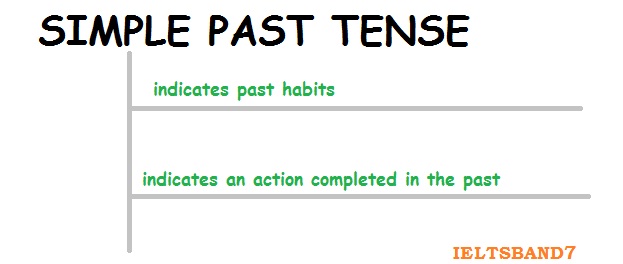Collocations # Grammar For IELTS
Collocations Grammar For IELTS
Collocations are one of the most important thing you must aim at learning if you want to score high in IELTS. But, what are they?
Collocations are two or more words that go together or are used together in a way that sound correct to the native speaker. Let us look at some examples –
| Collocations |
|---|
| early days |
| even numbers |
| evenly matched |
| take a break |
| take a look |
| travel light |
| turn a corner |
Learning something when you don’t know its importance is weird and difficult. So, let us find out why should you learn collocations?
Collocations make your language more understandable to understand making you more fluent at what you speak. It also makes you sound more natural. Collocations provide you with alternative and better ways to express yourself, resulting in a high score band in IELTS or for that matter of fact any english testing exam. And the most important part is Learning vocabulary becomes easier with collocations. This is because it is more easier for our brain to learn chunks of words rather than single words.
KINDS OF COLLOCATIONS
Collocations are of the following type-
adverb + adjective: completely satisfied
adjective + noun: excruciating pain
noun + noun: a surge of anger
noun + verb: lions roar
verb + noun: commit suicide ‘
verb + expression with preposition: burst into tears
verb + adverb: wave frantically
So, don’t just learn words, learn chunks of words, so that you not only know the word but also have a good command over how to use the word.
IMPORTANT THINGS ABOUT COLLOCATIONS
1. Try to notice collocations whenever you read something.
2. Make sure you regard the collocation as one single block. For example -top priority is one single word, it is not top + priority.
3. There are two ways of learning collocations. Either you learn them topic wise or word wise. Like, either leara collocations related to weather( or any other topic) together or you can go for all the collocations with “take” together.
So, if you want to improve your vocabulary or spoken english, the first thing you must aim for is learning collocations. Go, get a good grasp over them and score high in IELTS.
IELTSBAND7
IELTS Dehradun Uttarakhand Tel: 8439000086 , 8439000087



